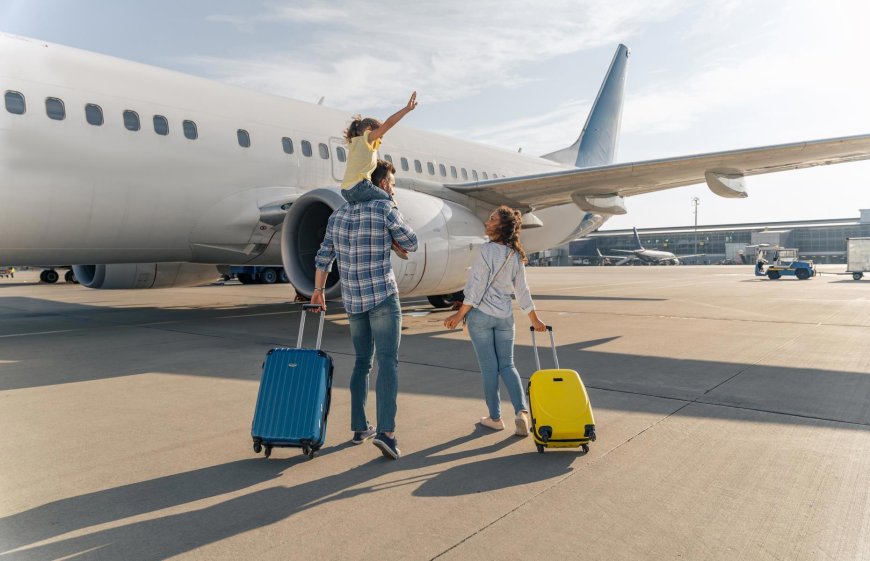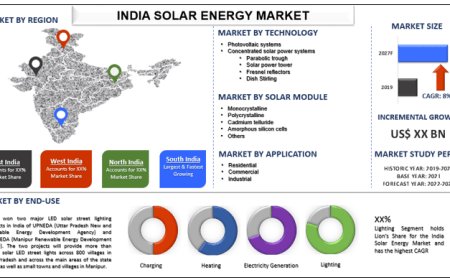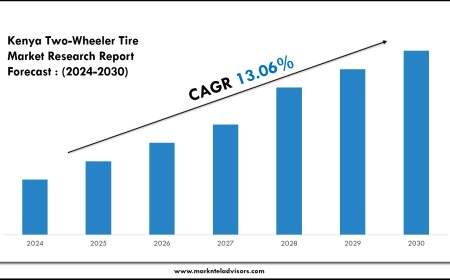Navigating the Kingdom's Gates: A Comprehensive Guide to Cambodia Business Visas and Other Visa Types

Cambodia, with its burgeoning economy and strategic location in Southeast Asia, has become an increasingly attractive destination for entrepreneurs, investors, and professionals seeking new opportunities.1 However, before setting foot in the Kingdom of Wonder, understanding the intricacies of its visa system is paramount. This article delves into the various Cambodia visa types, with a particular focus on the essential Cambodia Business Visa, providing a clear roadmap for prospective visitors and those planning extended stays.
Understanding the Landscape: Cambodia Visa Types
Cambodia offers a range of visa categories catering to diverse travel purposes.2 Beyond the widely popular tourist visa, several other options exist to accommodate different needs:3
-
Tourist Visa (T-class): This is the most common visa for short-term leisure travel.4 It typically allows a 30-day stay and can usually be obtained upon arrival at international airports or land borders, or through an eVisa application prior to travel.5 While convenient for vacations, it is crucial to remember that a tourist visa does not permit employment or business activities. It can be extended once for an additional 30 days.6
-
Ordinary Visa (E-class): This is the foundational visa for anyone planning a longer stay in Cambodia, regardless of their initial purpose. Initially granted for 30 days, the E-class visa is the gateway to various extensions, making it highly flexible. Upon entering Cambodia with an E-class visa, you can then apply for specific extensions based on your intent:
-
EB (Business Visa Extension): This is the primary extension for individuals intending to work, start a business, or engage in long-term commercial activities.
-
EG (General Visa Extension): This is suitable for those actively seeking employment or exploring business opportunities. It can be extended for 1, 3, or 6 months.
-
ER (Retirement Visa Extension): Designed for foreign nationals aged 55 and above who can demonstrate financial self-sufficiency.7
-
ES (Student Visa Extension): For those enrolled in educational institutions in Cambodia.
-
Khmer Visa (K-class): This visa is specifically for individuals of Cambodian origin who hold valid foreign passports.8
-
Official Visa (B-class): Issued to foreign employees of organizations invited by the Cambodian government, such as the United Nations.9
-
Courtesy Visa (C-class): Granted to employees of international NGOs with a Memorandum of Understanding (MoU) with the Ministry of Foreign Affairs.
The Essential Gateway: The Cambodia Business Visa (EB Extension)
For anyone looking to establish a presence in Cambodia's thriving business environment, the Cambodia Business Visa is the cornerstone. While you initially enter Cambodia on an Ordinary (E-class) visa, the key is to then secure an EB (Business) visa extension.
Who Needs a Cambodia Business Visa?
The EB visa extension is vital for:
-
Foreigners who have accepted an employment offer from a Cambodian company.10
-
Individuals invited by a registered company or organization in Cambodia for business purposes.
-
Entrepreneurs looking to set up and operate their own businesses.11
-
Freelancers and digital nomads who intend to reside and earn income in Cambodia.
-
Spouses and children of those holding an EB visa.12
Key Requirements for a Cambodia Business Visa (EB Extension):
While specific requirements can vary slightly depending on the embassy or consulate and your nationality, common documents and considerations include:
-
Valid Passport: Your passport must be valid for at least six months beyond your intended stay and have at least two blank pages.13
-
Visa Application Form: A completed and signed application form.
-
Passport-sized Photographs: Recent photos conforming to passport photo standards.
-
Letter of Invitation/Employment Contract: This is a critical document.
-
For employees: An employment contract or work agreement from a registered Cambodian company.14
-
For business owners/freelancers: A letter of invitation from a local partner, or if self-employed and registered, a letter confirming your own employment, often requiring a company stamp.15
Supporting Documents from Cambodian Company (if applicable):
-
Business Registration Certificate.
-
Company Patent Tax Certificate (for the current or previous year).
Proof of Address: Your address and contact number in Cambodia.
Proof of Financial Means: While not always explicitly required for the initial EB extension, demonstrating sufficient funds to support your stay is advisable.
Health Insurance: Increasingly, comprehensive health insurance covering your stay in Cambodia is recommended or even required.
Work Permit and Employment Card: It's crucial to understand that an EB visa extension alone does not automatically grant you the right to work. A separate work permit and an employment card issued by the Ministry of Labor and Vocational Training (MLVT) are generally required for all foreign nationals working in Cambodia.16 While you might initially obtain an EB visa extension without a work permit, particularly if you are still job-seeking, it will be required for subsequent renewals. Employers are often responsible for securing the foreign employee quota approval for their foreign hires.17
Application Process and Extension:
The initial E-class visa can often be obtained upon arrival at international airports or at a Cambodian embassy/consulate abroad.18 Once in Cambodia, you apply for the EB extension at the Immigration Department. EB visa extensions can be granted for 1, 3, 6, or 12 months. The 6-month and 12-month extensions typically allow for multiple entries, offering greater flexibility for business travelers who need to frequently enter and exit the country.19
Important Considerations for All Visa Applicants:
-
Visa on Arrival: While tourist and E-class visas can often be obtained on arrival, it's always advisable to check the latest regulations with your nearest Cambodian embassy or consulate, as policies can change.
-
eVisa: The official Cambodian e-Visa system is generally for tourist visas only, though it's always best to confirm the latest offerings.
-
Processing Time: Visa processing times can vary, so it's recommended to apply well in advance of your intended travel date.
-
Accuracy of Information: Providing accurate and complete documentation is crucial. False information can lead to rejection and future prohibitions from entering Cambodia.20
-
Staying Compliant: It is imperative to always adhere to the terms and conditions of your visa and its extensions. Overstaying your visa or engaging in unauthorized activities can lead to fines, deportation, and future entry bans.21
Cambodia offers a dynamic and welcoming environment for international engagement. By understanding the various Cambodia visa types and specifically navigating the requirements for the Cambodia Business Visa, individuals can lay a solid foundation for their ventures and contributions to the Kingdom's continued growth. Always consult official Cambodian government websites or your nearest Cambodian diplomatic mission for the most up-to-date and specific visa information relevant to your nationality and circumstances.








































